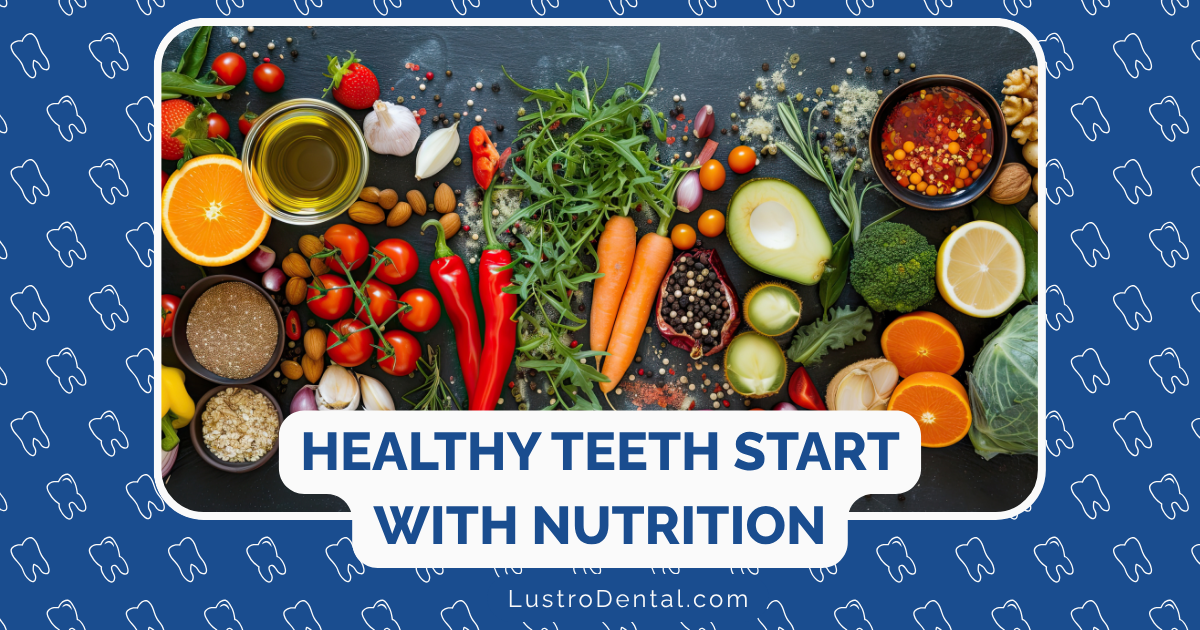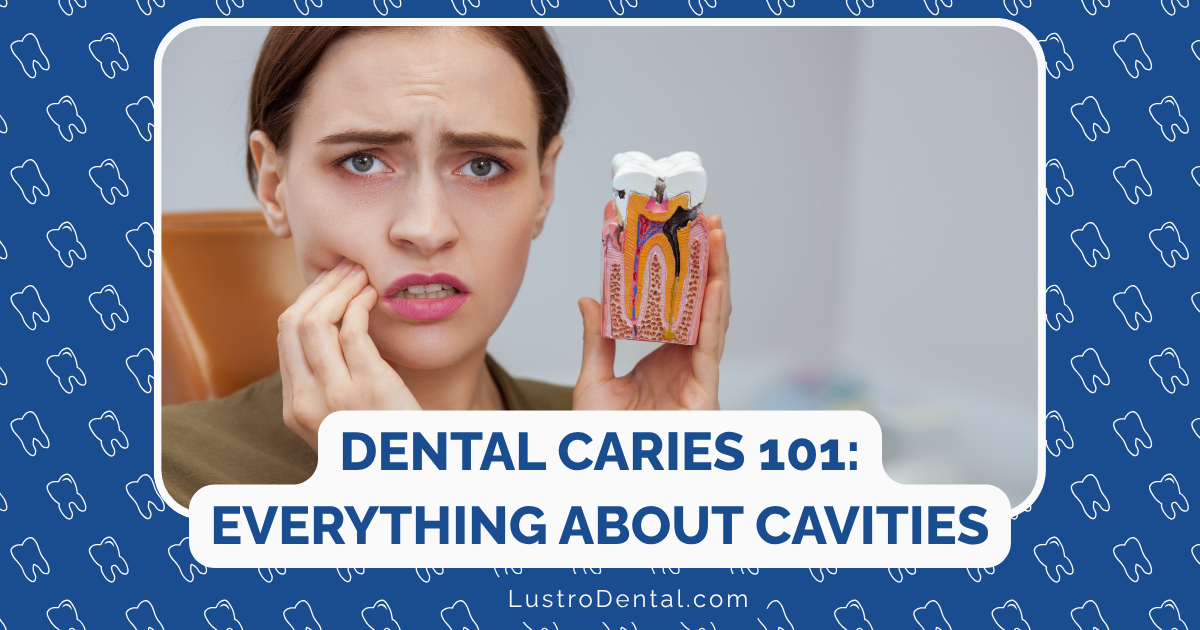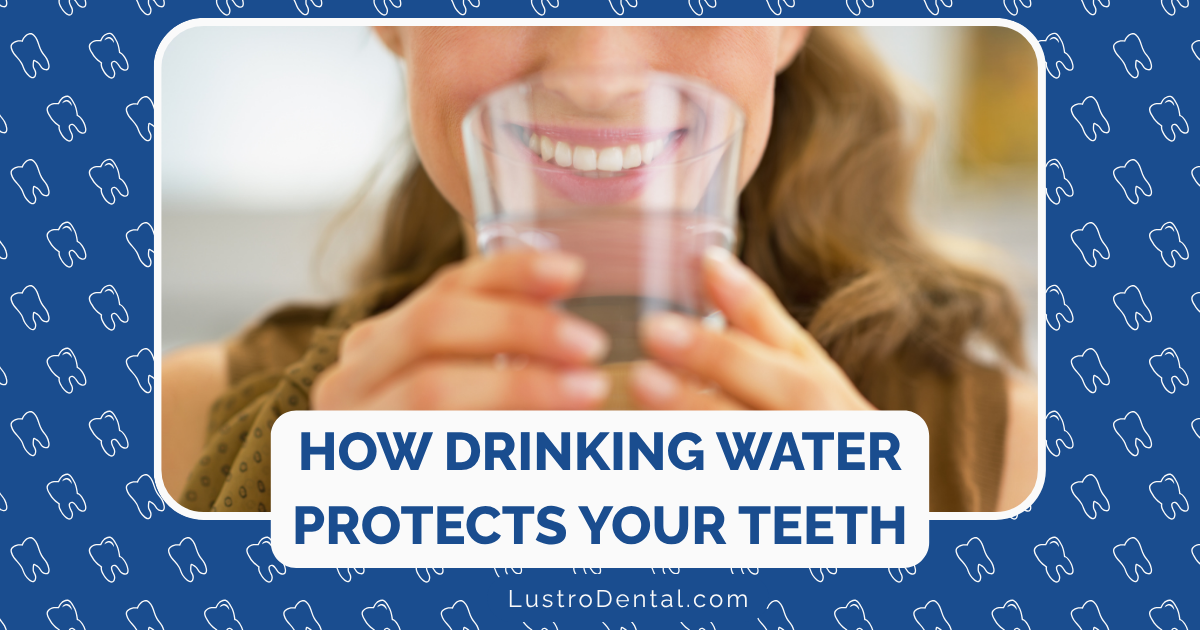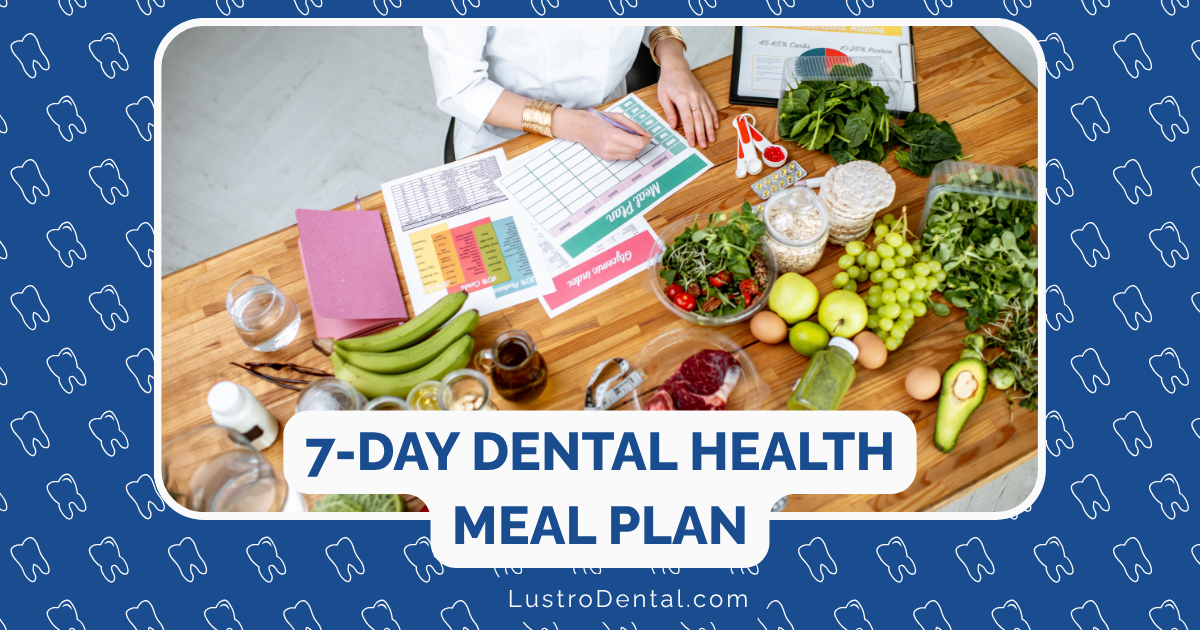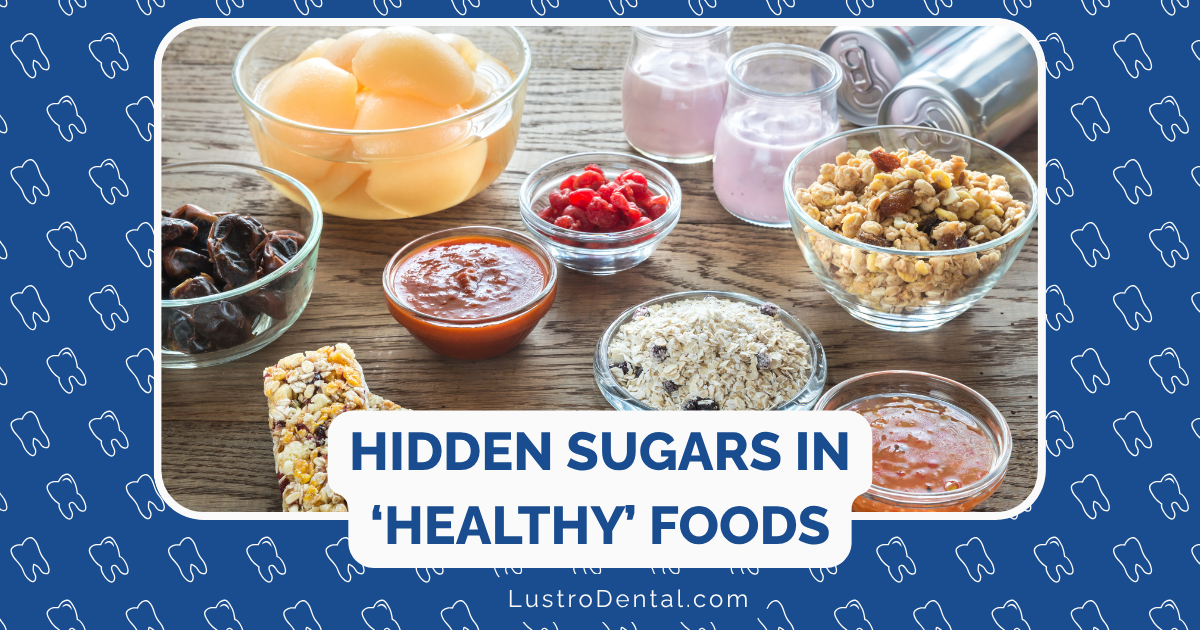Morning vs. Evening Brushing: Is One More Important Than the Other?
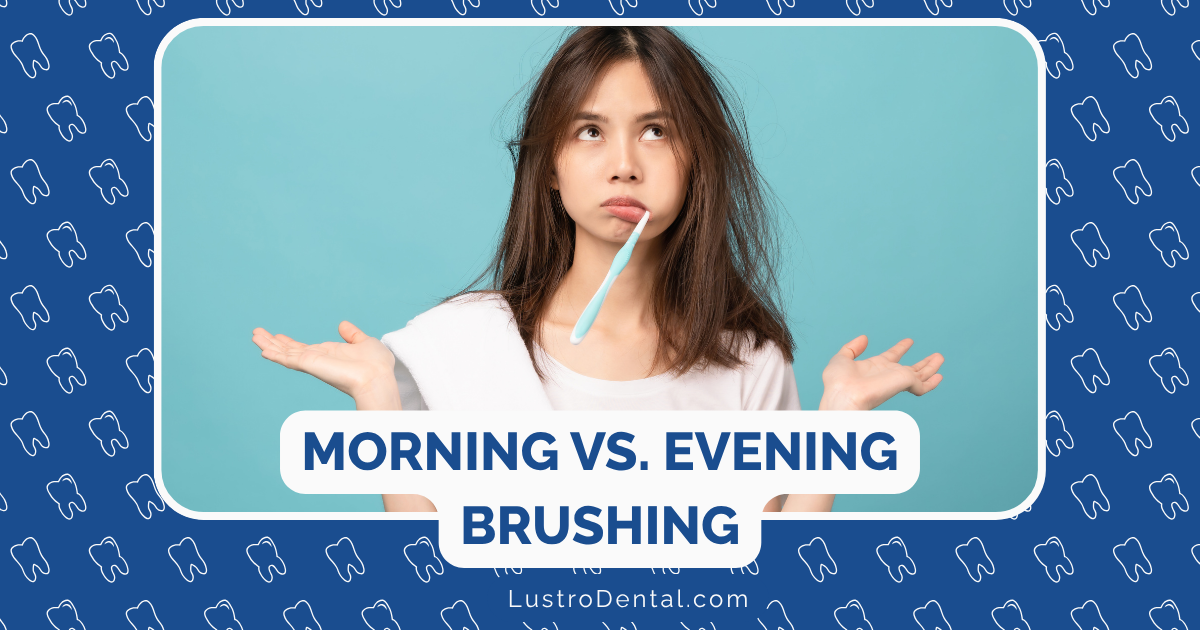
It’s a question that has sparked debates in bathrooms around the world: if you could only brush your teeth once a day, should it be in the morning or at night? While dental professionals unanimously recommend brushing twice daily, understanding the distinct benefits of morning and evening brushing can help you optimize your oral hygiene routine and make informed decisions about your dental health.
In this comprehensive guide, we’ll explore the science behind brushing timing, the unique benefits of morning and evening brushing, and settle the debate once and for all.
The Science of Oral Bacteria: A 24-Hour Cycle
To understand the importance of brushing timing, we first need to understand what happens in your mouth throughout a 24-hour cycle.
Dr. Sarah Chen, a periodontist at Columbia University, explains: “Your mouth is a dynamic ecosystem with bacterial populations that fluctuate throughout the day and night. These fluctuations are influenced by eating, drinking, saliva production, and your cleaning habits.”
The Overnight Bacterial Boom
While you sleep, several important changes occur in your mouth:
- Saliva production decreases dramatically – by up to 90%, according to research published in the Journal of Dental Research.
- Bacteria multiply rapidly – with less saliva to wash them away, bacteria have 6-8 uninterrupted hours to proliferate.
- Oxygen levels decrease – creating an environment where anaerobic bacteria (those that thrive without oxygen) can flourish.
A 2022 study published in Scientific Reports found that bacterial counts in saliva are highest upon awakening, with a significant increase in species associated with periodontal disease, such as Prevotella and Fusobacterium.
“This overnight bacterial surge is why many people experience ‘morning breath,'” notes dental hygienist Jennifer Marsh. “Without saliva’s natural cleansing action, volatile sulfur compounds produced by bacteria accumulate, causing that characteristic morning odor.”
The Daytime Bacterial Battlefield
During the day, your mouth faces different challenges:
- Food and beverage consumption – introducing sugars, acids, and food particles that feed bacteria
- pH fluctuations – especially after eating, when acid levels rise
- Plaque formation – a continuous process that accelerates when bacteria have access to dietary sugars
“Each time you eat or drink something containing carbohydrates, the bacteria in your mouth feast on these sugars and produce acids,” explains Dr. Michael Rodriguez, DDS. “These acids can attack your tooth enamel for up to 20 minutes after you finish eating.”
Morning Brushing: Starting the Day Right
Brushing in the morning serves several important functions:
1. Removes Overnight Bacterial Buildup
That bacterial population that exploded overnight? Morning brushing significantly reduces it, removing the biofilm that formed while you slept.
“Morning brushing essentially resets your oral microbiome after the overnight bacterial growth phase,” says Dr. Chen. “Without this reset, you’re starting your day with an already elevated bacterial load.”
2. Freshens Breath
Bad breath in the morning isn’t just a social concern—it’s a sign of active bacterial metabolism in your mouth.
Research from the American Dental Association shows that morning brushing reduces volatile sulfur compounds by up to 85%, significantly improving breath freshness throughout the morning hours.
3. Stimulates Saliva Production
Brushing stimulates saliva flow, which is crucial for oral health.
“Saliva is your body’s natural defense against cavities,” notes Dr. Rodriguez. “It contains calcium and phosphate ions that help remineralize enamel, antimicrobial compounds that fight bacteria, and buffering agents that neutralize acids.”
4. Creates a Protective Fluoride Coating
Morning brushing with fluoride toothpaste leaves a protective coating on your teeth that helps strengthen enamel throughout the day.
“Think of morning brushing as applying a shield to your teeth,” suggests dental hygienist Marsh. “This fluoride shield helps your teeth resist the acid attacks that occur every time you eat or drink.”
Evening Brushing: The Night Shift Protector
While morning brushing is important, evening brushing serves equally crucial—and some would argue even more essential—functions:
1. Removes the Day’s Accumulation
Throughout the day, your teeth collect food particles, sugars, and acids from everything you consume.
“By evening, your teeth have been exposed to multiple acid attacks and have accumulated significant plaque,” explains Dr. Lisa Warren, a prosthodontist. “Evening brushing removes this buildup before it has a chance to do overnight damage.”
2. Prevents Extended Acid Exposure
Without evening brushing, acids from food and bacterial metabolism remain in contact with your teeth all night.
A study in the Journal of Clinical Periodontology found that participants who skipped evening brushing had significantly higher acid levels in their mouth throughout the night, increasing their risk of enamel erosion and cavities.
3. Reduces Bacterial Food Supply
Bacteria thrive on the food particles left in your mouth. Evening brushing removes this food supply.
“When you skip evening brushing, you’re essentially providing an all-night buffet for bacteria,” notes Dr. Rodriguez. “They’ll multiply much more rapidly when they have a steady food supply.”
4. Maximizes Fluoride Protection During Low Saliva Hours
The fluoride from evening brushing provides crucial protection during the hours when your natural defenses are at their lowest.
“Nighttime is when your teeth are most vulnerable due to decreased saliva flow,” explains Dr. Chen. “The fluoride from evening brushing helps compensate for this vulnerability by strengthening enamel and inhibiting bacterial metabolism.”
The Verdict: If You Could Only Choose One
While twice-daily brushing remains the gold standard recommended by dental professionals worldwide, research and clinical experience suggest that if you absolutely had to choose just one brushing session, evening would be more beneficial for most people.
“If I had to choose between a patient brushing only in the morning or only in the evening, I’d recommend evening brushing,” states Dr. Warren. “The protection it provides during those vulnerable overnight hours is simply too important to skip.”
This recommendation is supported by research. A longitudinal study published in the Journal of Dental Research followed participants over five years and found that those who consistently brushed before bed had 37% fewer cavities than those who only brushed in the morning.
However, this doesn’t mean morning brushing isn’t important. Dental hygienist Marsh emphasizes: “The ideal remains brushing both morning and night. Each serves distinct purposes in your oral health, and together they provide comprehensive protection.”
Optimizing Your Brushing Schedule
To get the maximum benefit from your brushing routine, consider these evidence-based recommendations:
Morning Brushing Timing
The question of whether to brush before or after breakfast has generated considerable debate. Here’s what the science says:
- If your breakfast includes acidic foods or drinks (coffee, orange juice, fruit), brush BEFORE eating or wait at least 30 minutes after consuming these items. Acidic foods temporarily soften enamel, and brushing immediately afterward can cause damage.
- If your breakfast is non-acidic, either timing works, though brushing after eating helps remove food particles that could feed bacteria throughout the morning.
“For patients who enjoy acidic beverages like coffee or orange juice with breakfast, I recommend brushing first thing in the morning, then rinsing with water after eating,” advises Dr. Rodriguez. “This gives you the benefits of morning brushing without risking enamel damage.”
Evening Brushing Timing
For evening brushing, timing is more straightforward:
- Brush at least 30 minutes after your last food or drink (except water)
- Make it the final thing you do before bed—don’t eat or drink anything except water afterward
- If you take medications before bed, brush after taking them unless directed otherwise by your healthcare provider
“The goal of evening brushing is to leave your mouth as clean as possible before sleep,” explains Dr. Chen. “Any food or drink after brushing essentially undoes the benefits.”
Beyond Brushing: Creating a Complete Oral Care Routine
While the morning vs. evening brushing debate is important, a comprehensive oral care routine includes more than just brushing:
Flossing: The Perfect Nighttime Companion
Dental professionals recommend flossing at least once daily, ideally in the evening before brushing.
“Flossing before your evening brushing removes interdental plaque and food particles that your toothbrush can’t reach,” notes dental hygienist Marsh. “This allows your toothpaste’s fluoride to access these areas during brushing.”
Tongue Cleaning: Morning, Evening, or Both
Cleaning your tongue helps remove bacteria that contribute to bad breath and can recolonize your teeth.
“For most patients, I recommend tongue cleaning in the morning to address overnight bacterial buildup,” suggests Dr. Warren. “However, cleaning both morning and evening provides optimal results, especially for those prone to bad breath.”
Mouthwash: Timing Matters
If you use mouthwash, timing it correctly maximizes benefits:
- Antiseptic mouthwash (like Listerine): Use BEFORE brushing to reduce bacteria before mechanical cleaning
- Fluoride mouthwash: Use AFTER brushing, but don’t rinse with water afterward to maintain fluoride contact
“Many people use mouthwash incorrectly,” cautions Dr. Rodriguez. “Using fluoride mouthwash immediately after brushing and then rinsing with water dilutes the benefits. Instead, use it at a different time of day to get an extra dose of fluoride protection.”
Special Considerations for Different Groups
The morning vs. evening brushing question may have different answers depending on individual circumstances:
For Those Prone to Cavities
If you have a history of cavities, evening brushing becomes even more crucial.
“Patients with high cavity risk absolutely must prioritize nighttime brushing,” emphasizes Dr. Chen. “The extended protection during low-saliva hours is essential for preventing decay.”
For Those with Gum Disease
Patients with gingivitis or periodontitis benefit most from twice-daily brushing with special attention to technique.
“For my periodontal patients, I stress the importance of both morning and evening brushing, with particular focus on the gumline,” notes Dr. Warren. “The bacterial species associated with gum disease proliferate overnight, making morning removal critical, while evening brushing prevents new accumulation.”
For Dry Mouth Sufferers
People with xerostomia (dry mouth) face higher risks during nighttime hours and need additional protection.
“Patients with dry mouth essentially experience ‘nighttime conditions’ all day long,” explains dental hygienist Marsh. “For these individuals, I recommend brushing more frequently—potentially three times daily—with a high-fluoride toothpaste prescribed by their dentist.”
The Bottom Line: Consistency Trumps Timing
While the science suggests evening brushing may have a slight edge if forced to choose, the most important factor is consistency.
“The best brushing schedule is one you’ll actually follow,” concludes Dr. Rodriguez. “Consistent, thorough brushing twice daily, combined with regular dental checkups, remains the cornerstone of good oral health.”
By understanding the unique benefits of both morning and evening brushing, you can make informed decisions about your oral hygiene routine and ensure your smile stays healthy for years to come.


